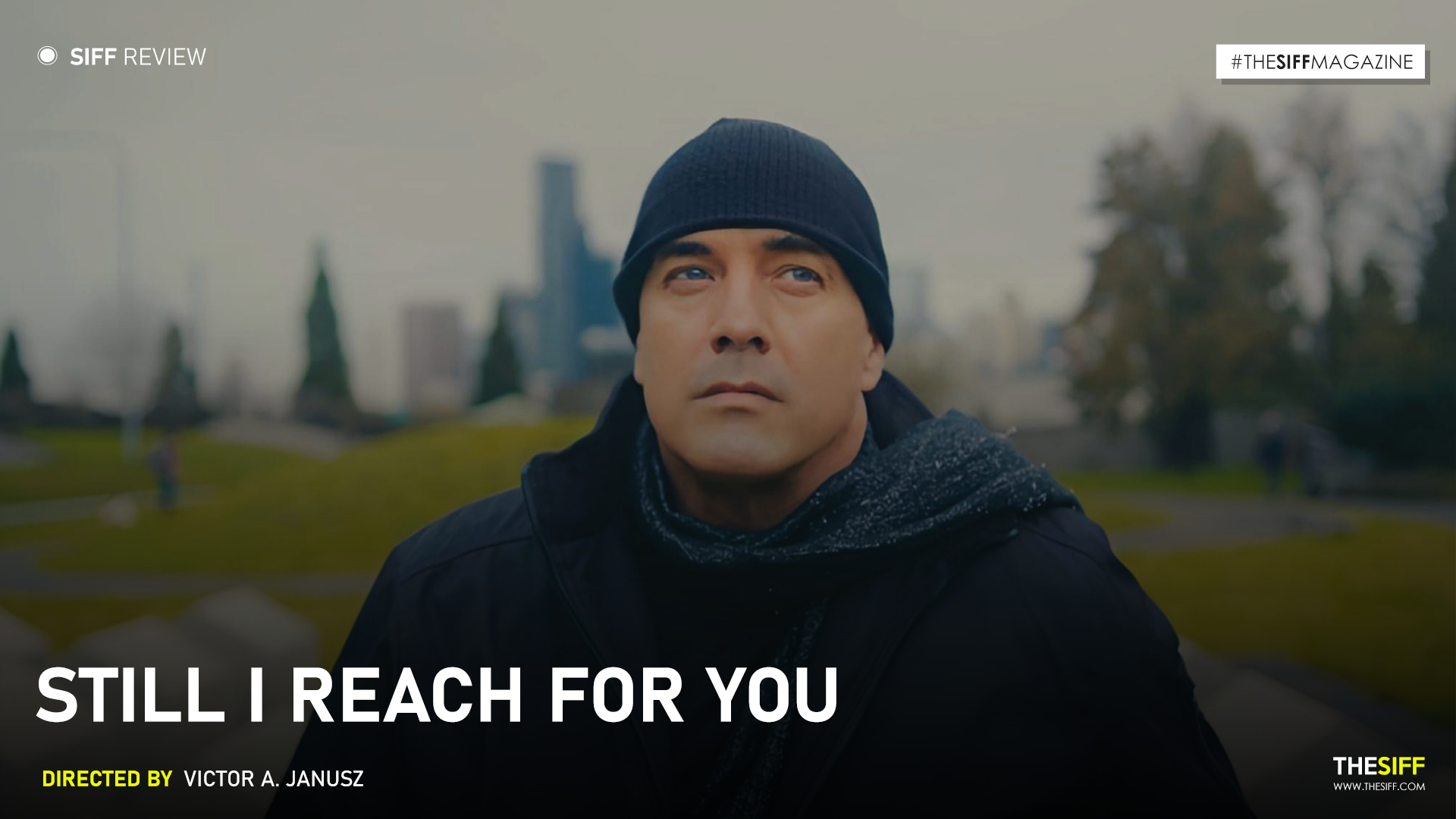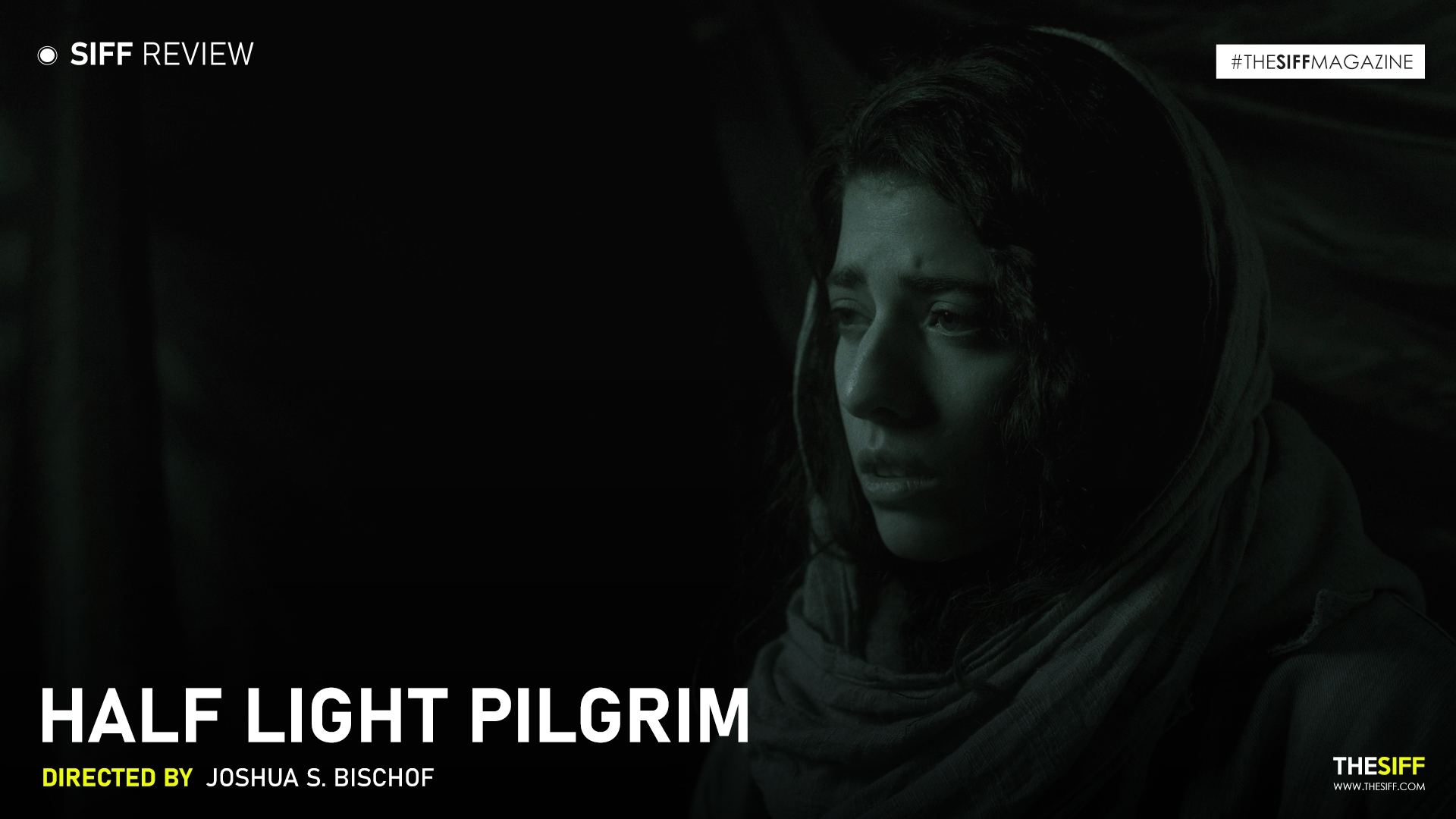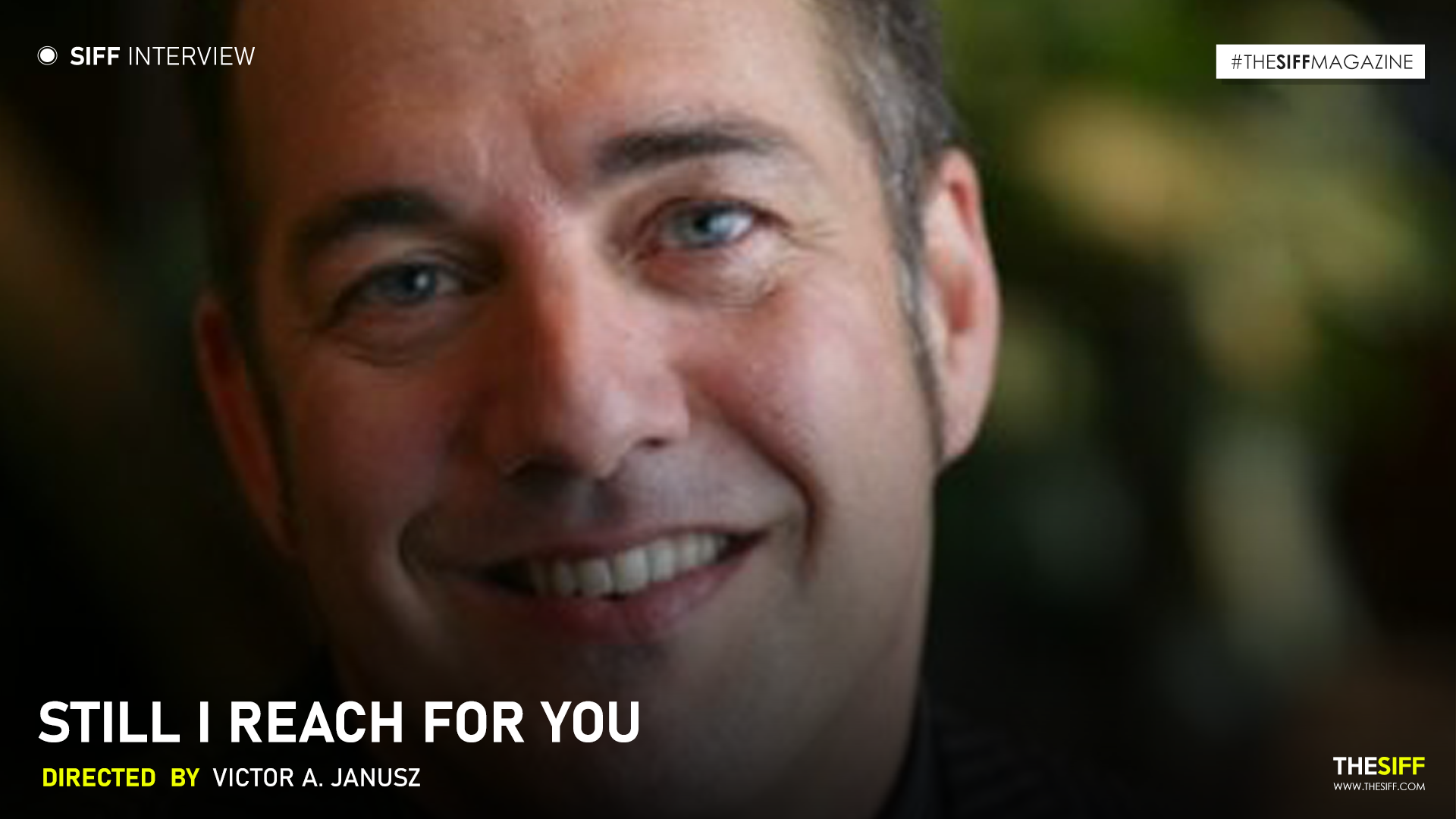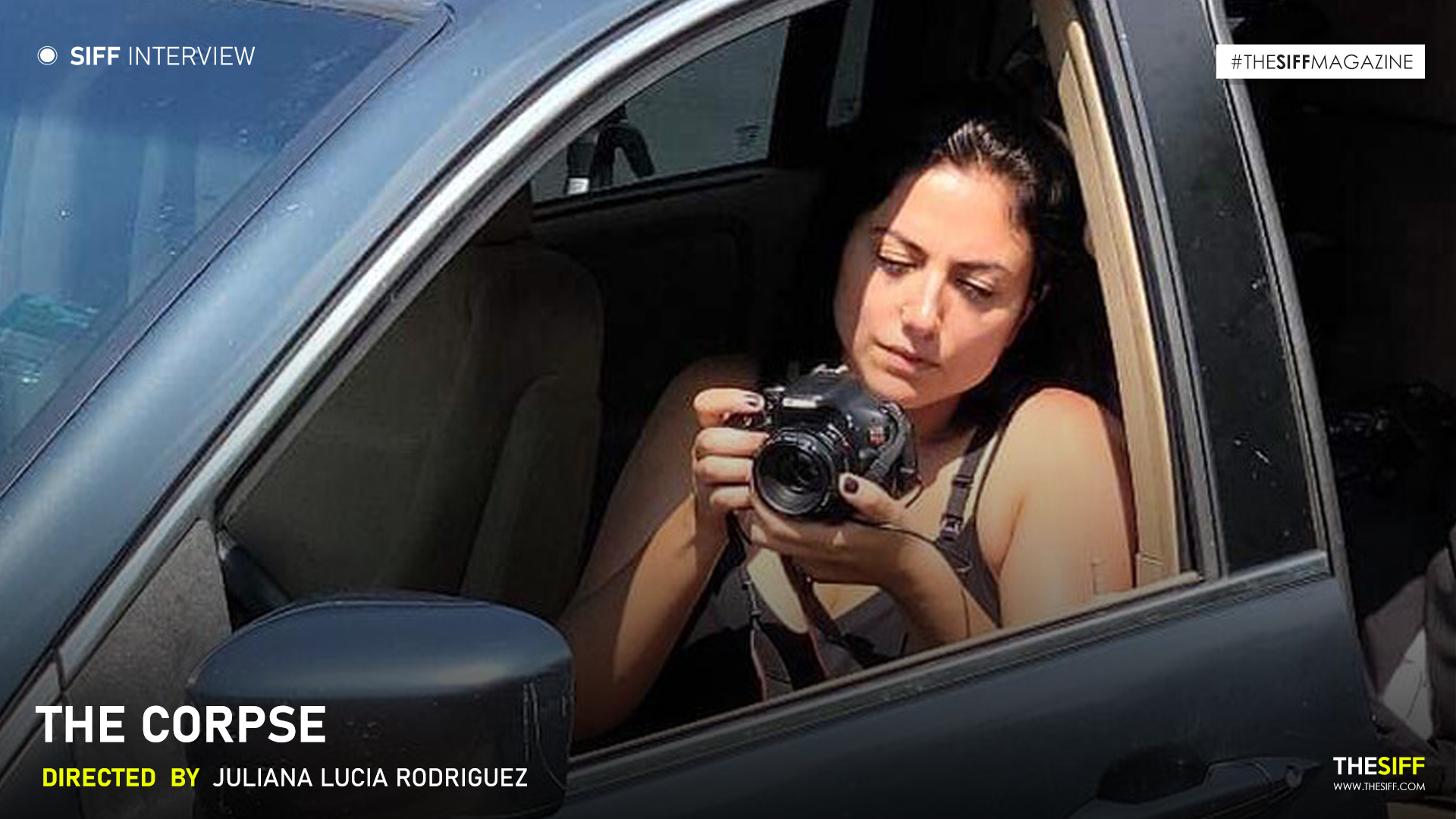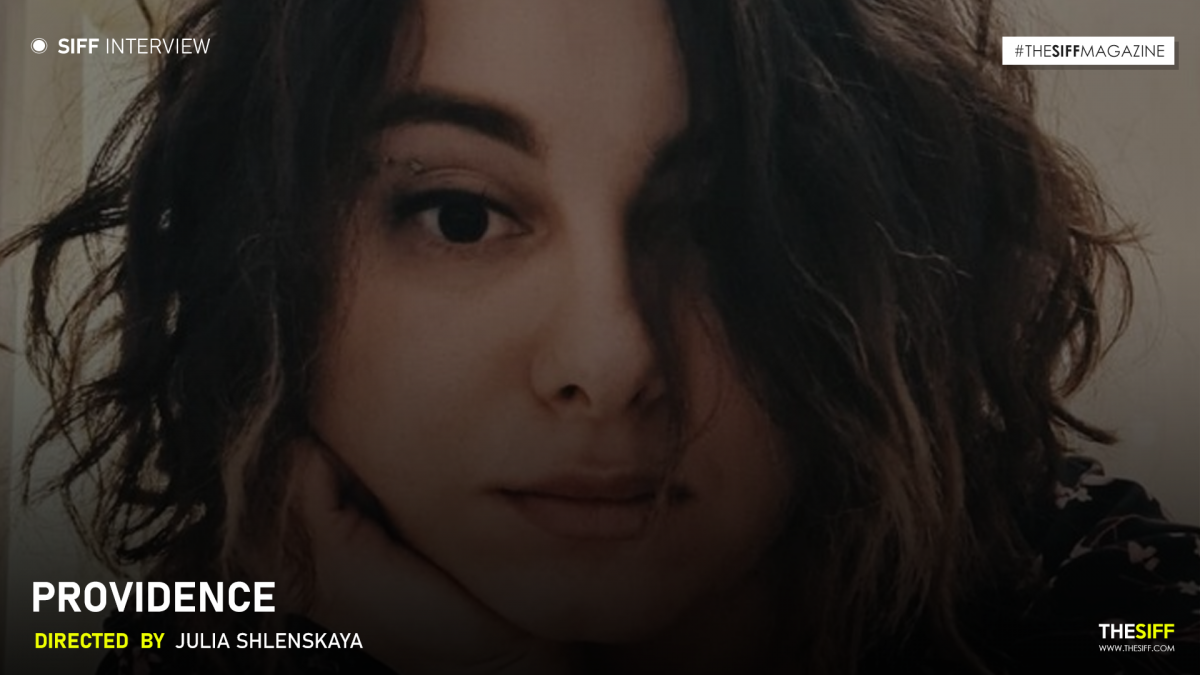
Movie – Providence
Director – Julia Shlenskaya
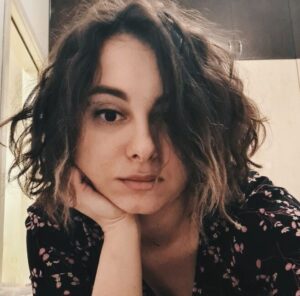
Hello Julia! Welcome to the SIFF!
1.Can you tell us about the inspiration behind the title “Providence” and how it relates to the film’s theme?
“Providenсe” (Divine Providence, or Divine Guidance, Greek: πρόνοια, Latin: Providentia) is the purposeful action of God, the Supreme Being, directed toward the greatest good of creation in general, humanity in particular. In this film, we witness a young woman who doubts her life choices, prompting her to turn to Providence. In this case, Providence serves more as a medium of the girl’s questions and answers. In real life, such a medium could be a psychotherapist, a close friend, a lover—anyone whose words we trust. In my film, this medium is Providence, which is why I decided to stick with this title.
2.What motivated you to explore the theme of self-discovery and seeking answers to life’s questions in your film?
Questions of self-discovery and the quest for answers can be attributed to psychology, and I, in general, love psychology—it’s my hobby and my second profession. Through these answers, one can learn a lot about oneself, adjust the course of life, and enhance mindfulness in making important decisions. Similarly, this film serves as a tool through which the audience can ponder questions like, “Is it acceptable in one’s life to turn to mediums who guide you?” “Is it acceptable to resort to cunning for the sake of a loved one’s happiness?” “How would the viewer seek answers to questions like who they want to be and what they want to become?” and so on.
3.How did you develop the unique storyline for “Providence”?
The screenplay was crafted collaboratively with Anna. I shared the film’s idea with her, and she turned it into a plot. I made adjustments to certain moments and dialogues to precisely convey my concept and mood. Anna was a tremendous help to me. It’s also important to note that during filming, I departed from rigid scripts and allowed actors to improvise within the given circumstances. This was vital to infuse the story of “Providentia” with the authenticity of our lives. That’s how the final version of the story “Providentia” came together.
4.What was the significance of using a seer as a central character in the film?
Providence serves as a mirror reflecting the events, feelings, and sensations experienced by the girl. It is a mirror in the understanding of the French psychoanalyst Jacques Lacan. He also introduced the concept of the “mirror stage” – a stage in which a fundamental knot of the psyche is tied, around which all subsequent identifications of human personality will be built. Similarly, in this film, through Providence, the girl tries to answer the question “who she is,” exploring her interests and aspirations.
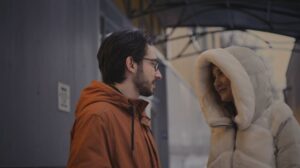
5.Can you elaborate on the character development of the protagonist and how they evolve throughout the film?
Thank you for your question. I would suggest looking at this question from a new perspective and reformulating it. Consider the film-viewer as the main character of this story, giving them the opportunity to act as the psychotherapist for this narrative. By doing so, observe the dynamics of changes in one’s personality and character in response to the plot events in the work. In psychotherapy, they also talk about “analysing the countertransference.” It is through countertransference, which signifies the reactive response to what is happening, that we can find answers about ourselves and others.
6.The film’s narrative seems to blend reality with a more ambiguous world. Could you discuss your approach to visual storytelling and creating this blend?
Thank you for your question. You’ve noted everything correctly. Indeed, when the fortune-teller appears, it’s as if the viewer is immersed in an altered, different world. In this film, I created this “other world” using lenses, sound, editing, and imagery. It was important for me to immerse the viewer in a different world so that they could feel what it’s like to experience something “divine” or “supernatural,” or perhaps “artificial” and sometimes move “by touch in their feelings” in those moments.
7.How did you work with the cinematographer to capture the mood and atmosphere of the film?
With the cinematographer, I worked through storyboards and variations in shots. The lens, as well as close-up shots, were chosen before the shooting day. Since I was familiar with the cinematographer and we had a warm relationship before the shoot, we quickly found common ground and understanding.
8.You mentioned the importance of the sound aspect in the film. Could you explain how sound design and music contribute to the storytelling?
Sound design creates the emotion of this film, complementing it. The human ear perceives and captures small details but processes only a fraction of what it hears. And these many things, which are not consciously noticed but remain very significant, play a huge role in creating the atmosphere, for example, of a film.
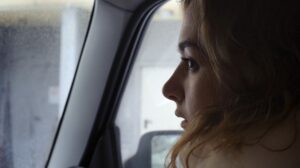
9.Were there any specific challenges or unique considerations in crafting the sound for “Providence”?
There were no difficulties; there was only inspiration and a desire to experiment. It was on this film that I managed to feel the significant role that sound and close-up shots play. These aspects of cinematography have now become my favourites.
10.“Providence” encourages viewers to contemplate existential questions. What message or questions do you hope the audience takes away from the film?
The main question I would like the viewer to formulate is, “What actions are you willing to take for the sake of love, and what actions are you willing to take to find answers to life’s crucial questions?” Of course, there are more questions here, just as there are emotions. I believe that a conscious viewer will primarily ask themselves what they feel about the whole story, and in the quest for answers, they will discover much about themselves.
12.How do you think the film’s exploration of seeking answers externally versus internally resonates with viewers?
The most crucial bridge between the external and internal is our emotions. It is through them that the external connects with the internal, and the internal connects with the external. In this case, feelings and emotions of a person act as the bridge, which the viewer experiences while watching.
13.The film explores the dynamics of people trying to help each other find answers. Can you delve into the complexities of these relationships and their significance in the story?
Sometimes the apparent path needs to be taken in a completely unobvious way, but one that is uniquely “yours.” In this case, the apparent solution comes to the girl after following a somewhat circuitous route, which also involves impacting other people.
14.Were there any particularly challenging or memorable moments during the filming process that you’d like to share?
The day before the shooting, the actress for the psychic role changed because the initially chosen actress fell ill. However, I wouldn’t be true to myself if I hadn’t resolved this issue. And, being a professional project manager, I did resolve it. Now I am pleased with my decision and the way circumstances unfolded.
15.How did you approach directing the emotional and introspective scenes in the film?
It would be more accurate to say, emotionally. I believe that only being honest with oneself, with one’s emotions and feelings, provides the opportunity to create such things. If approached purely mathematically, it might turn into something logical, and logic and emotions are different realms.

16.What impact do you hope “Providence” will have in the world of cinema and on its viewers?
“Providence” is a film that humorously explores existential questions, including “who am I,” “why am I here,” “what is my purpose,” and “how do I find answers.” In a sense, “Providence” serves as a standalone psychological session where individuals immerse themselves in an ambiguous world in search of answers. A psychological session, in one way or another, affects each of us, prompting us to reflect on something, inviting us to ponder. Similarly, this film will unfold uniquely for everyone based on their ability to delve into meanings or stay on the surface.
17.Thank you for the chat Julia! It was lovely! Lastly, How is the experience of being part of the SIFF?
“I enjoyed everything, and I think I plan to continue submitting films to your festival. Also, of course, I would like to meet in person at such events. Online communication doesn’t replace the experience of face-to-face interaction for me.”


